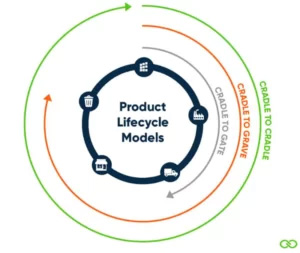At the COP17 meeting Durban there was important progress made
on the establishment of the Green Climate Fund.
The fund is set to mobilise $100 billion annually to aid developing nations reduce emissions and adapt to the negative effects of climate change.
During COP17 it was also agreed that the Green Climate Fund will have a facility to fund private sector initiatives.
A less publicly noted success to come out of the COP17 at Durban was the commitment to develop a common system for measuring, reporting and verifying emissions reduction. This will be essential for progress especially because lending from the Green Climate Fund may be results based. If the private sector is to invest at a substantial scale, then there must be a robust and internationally accepted framework for evaluating achievement. A consensus on measuring reporting and verification will likely increase flow of further private sector investment.
It was highlighted at the meeting that activities funded by the Green Climate Fund “will be regularly monitored for impact, efficiency and effectiveness” and “results measurement framework with guidelines and appropriate performance indicators will be approved by the board”.
A significantly advanced framework for the reporting of emissions reductions for both developed and developing countries was also agreed. Developed countries must prepare biennial reports on their emissions and on their projects to reduce emissions, in accordance with their national circumstances, with their first reports due at the start of 2014. Developing countries will go through a similar parallel process, with their first biennial update report submitted by December 2014; by March 5th next year they must also submit information about their nationally appropriate mitigation actions and low-emission development strategies, in order to obtain financial and technical support by developed countries.
Information sourced from: KPMG ‘COP17 – ‘One step closer to a low Carbon Future’






